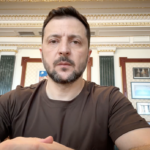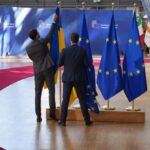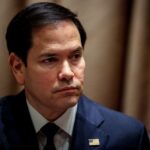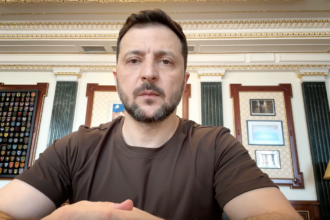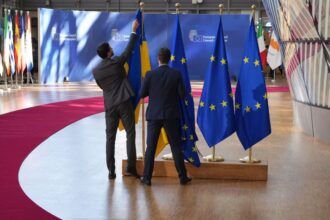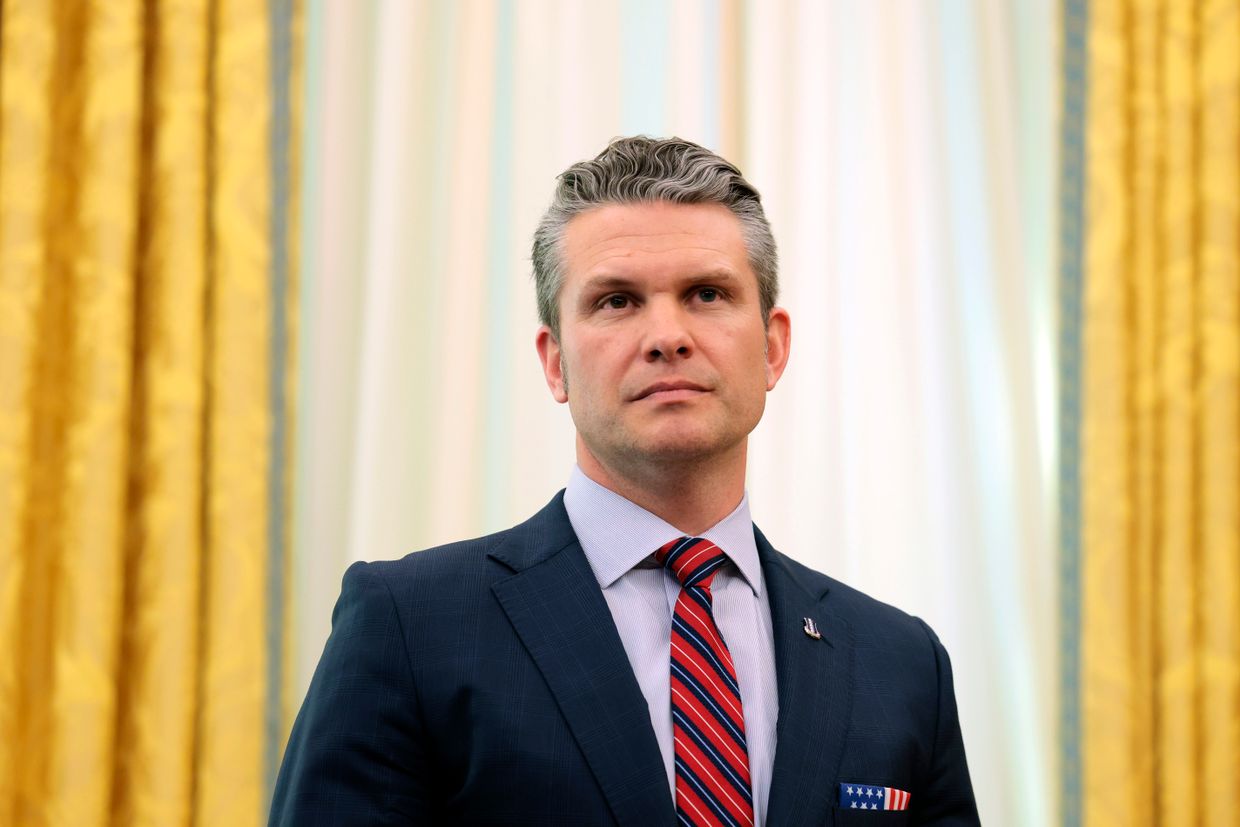**US Defense Secretary to Skip Ramstein Format Meeting for First Time**
The United States‘ top defense official, Peter Hegseth, will not attend the upcoming Ramstein format meeting of Ukraine’s partners next week. This decision marks a significant shift in US participation in international efforts to support Ukraine.
According to sources, Hegseth’s absence is part of a broader trend under the new administration, led by President Donald Trump. Since taking office, Trump has sought to downscale US involvement in various pro-Ukraine initiatives, aiming to broker a ceasefire and peace deal between Kyiv and Moscow.
Hegseth’s predecessor, former Defense Secretary Lloyd Austin, launched the Ukraine Defense Contact Group (UDCG) in 2022 to coordinate assistance among around 50 of Kyiv’s allies. The UDCG was designed to provide a platform for countries to share best practices, pool resources, and work together to support Ukraine.
The absence of Hegseth from the Ramstein format meeting is particularly noteworthy, as it marks the first time since the group’s founding that the Pentagon’s chief will not participate. Moreover, it seems unlikely that any senior representatives from the US Department of Defense will attend the summit even virtually.
**Trump Administration’s Shift in Policy**
Under President Trump, the US has taken a more cautious approach to Ukraine support. Hegseth’s attendance at the previous Ramstein summit on February 12 was notable for his jarring speech, which called Ukraine’s return to pre-2014 borders and accession to NATO “unrealistic.” This marked a significant departure from the Biden administration’s rhetoric and signaled a shift in US policy.
Since then, Trump has allowed only continued assistance approved by his predecessor, with no additional packages of military aid allocated. The new US leadership has also urged Europe to boost its defense spending and increase its share of assistance to Ukraine.
**Impact on Ukraine**
The implications of Hegseth’s absence are significant for Ukraine, which continues to face a protracted war with Russia. With the US scaling back its involvement in international efforts, Ukraine may struggle to receive the support it needs from its allies.
Moreover, the Trump administration’s focus on brokered peace and ceasefire deals may put pressure on Ukraine’s government to negotiate with Moscow, potentially at the expense of its sovereignty and territorial integrity.
**Global Reactions**
The news of Hegseth’s absence has drawn attention globally. The proposed laws in Russia, which broaden the definition of “foreign agents” and introduce harsher penalties for anti-war offenses, have been widely criticized as a further erosion of democratic principles.
The European Union, meanwhile, is set to receive a 20% tariff, with goods from China facing an additional 34% tariff. Ukraine has also been included on the list, subject to a 10% tariff.
As the situation in Ukraine continues to evolve, one thing is clear: the absence of Hegseth from the Ramstein format meeting marks a significant shift in US policy and its implications for Ukraine will be closely watched by the international community.
